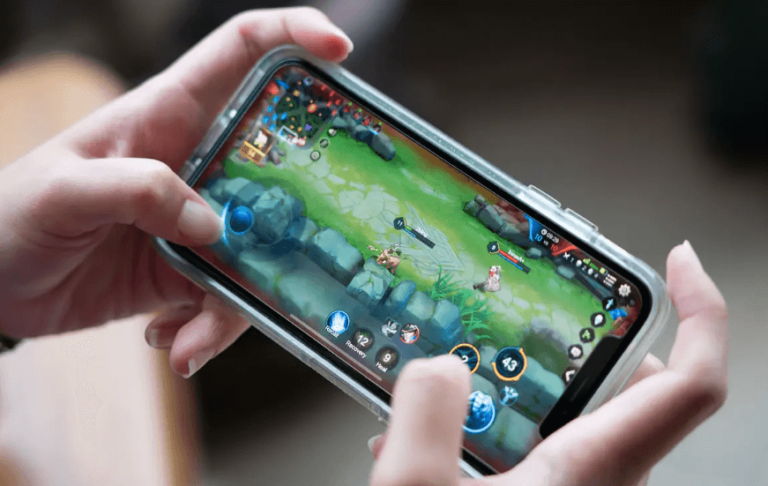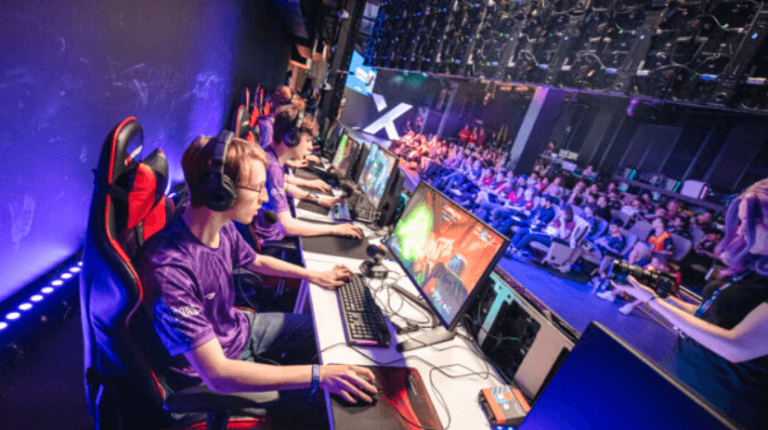How Multiplayer Games Are Building Global Communities

The phenomenon of multiplayer gaming has emerged as a powerful catalyst for building global communities, where players from diverse cultural backgrounds engage in shared experiences and collaborative gameplay. This interaction not only fosters friendships across geographical boundaries but also promotes a deeper understanding of various cultural narratives. Moreover, the intentional design choices made by game developers play a critical role in shaping these vibrant virtual environments. As we explore the dynamics of these interactions, one must consider the implications for social cohesion and identity formation within the expansive realm of online gaming.
The Rise of Online Gaming
The rise of online gaming has transformed the entertainment landscape, with over 2.7 billion players worldwide engaging in a diverse array of multiplayer experiences that foster global connections and community building.
This evolution has reshaped the competitive landscape, attracting varied gaming demographics, including casual and hardcore gamers.
As accessibility increases, the potential for collaboration and competition continues to expand, enriching the online gaming experience.
See also: From Casual to Competitive: The Growing World of Esports
Cultural Exchange Through Gameplay
Multiplayer games serve as a dynamic platform for cultural exchange, enabling players from diverse backgrounds to interact, share experiences, and learn from one another in real time.
Through collaborative storytelling, players engage with and reinterpret cultural narratives, fostering a deeper understanding of different heritages.
This interaction not only enriches the gaming experience but also cultivates a sense of global community and shared identity among participants.
Building Friendships Across Borders
Engaging in multiplayer games not only facilitates cultural exchange but also fosters the development of friendships that transcend geographical boundaries, creating a rich tapestry of global connections.
These virtual connections enable individuals to engage in meaningful interactions, nurturing cross-cultural friendships that enhance empathy and understanding.
As players collaborate and compete, they break down barriers, illustrating the power of shared experiences in a diverse digital landscape.
The Role of Game Developers
Game developers play a crucial role in shaping the multiplayer gaming landscape, as their design choices directly influence player interactions and the formation of global communities.
By carefully crafting game mechanics that encourage collaboration and competition, developers enhance player engagement.
Their innovative approaches foster diverse environments where individuals from different backgrounds unite, transcending geographical boundaries and creating vibrant, interconnected communities within the gaming world.
Conclusion
Multiplayer games serve as vibrant arenas where players from diverse cultural landscapes converge, weaving a rich tapestry of shared experiences.
These digital landscapes transform individuals into global citizens, fostering friendships that bloom like flowers across borders. As players embark on collaborative quests, empathy flourishes, creating a communal heartbeat that transcends geographical distances.
Through intentional design, game developers craft these immersive worlds, inviting players to explore and celebrate their differences, ultimately forging a unified global identity within the expansive realm of gaming.



